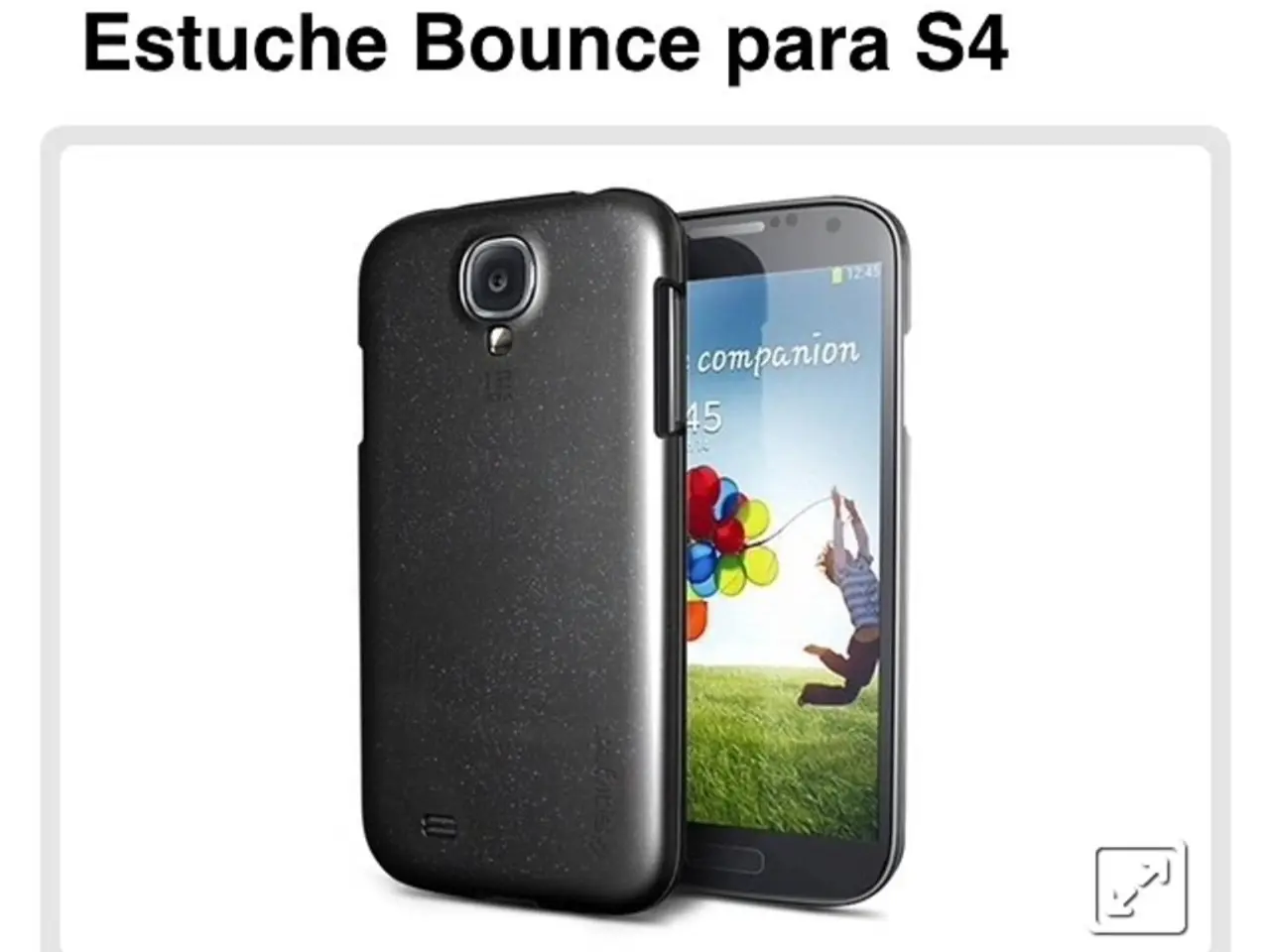Implementing Strict Compliance for Terms of Service and Privacy Agreements
Ensuring Enforceable Terms of Use and Privacy Policies: A Guide for Mobile Apps and Websites
In the digital age, ensuring the enforceability of Terms of Use (ToU) and Privacy Policies has become crucial for mobile apps and websites. Here's a breakdown of the key factors that courts consider when determining the enforceability of these policies.
Terms of Use
ToU are considered binding contracts if explicit user consent is given. Courts uphold clickwrap agreements where users must actively click an "I agree" button after being shown the terms. The presentation of the terms should be clear and reasonably conspicuous, ideally through clickwrap agreements. Merely providing a link to the ToU without explicit user assent is generally insufficient.
The context of the transaction also plays a significant role in the enforceability of ToU. For instance, in cases where a user is a guest and the terms are hyperlinked below the "Place Order" button, courts may find the notice insufficient.
Lastly, the provisions themselves must be reasonable and not unconscionable. Courts examine the terms to avoid unconscionability, but their enforceability hinges more on notice and assent than on examining every term's content unless a term violates broader legal principles.
Privacy Policy
Unlike ToU, Privacy Policies are not contracts requiring explicit user consent but rather transparency documents required by law. They inform users about data collection, use, sharing, and user rights. Privacy Policies must be clear, comprehensive, and easily accessible but do not require formal assent to be valid. Their enforceability relates to compliance with privacy laws rather than contractual agreement.
Key Takeaways
- To maximize the enforceability of ToU and Privacy Policies, mobile apps and websites should ensure clear, conspicuous presentation, ideally through clickwrap for ToU, and transparent, easily accessible Privacy Policies compliant with applicable laws.
- The California Online Privacy Protection Act of 2003 requires any commercial web sites or online services to adopt a Privacy Policy.
- For SMS marketing, creating a Privacy Policy is important to ensure compliance with privacy and anti-spam laws. The FTC provides resources and guidelines for creating a compliant Privacy Policy for SMS marketing.
- Collecting only necessary data and disposing of data no longer needed is crucial to protect from unnecessary liability and attention from regulators.
Examples of Platforms Involving User Data Privacy Considerations
- Facebook, Messenger, Twitter, Pinterest, LinkedIn, Whatsapp, and Email are all platforms that involve user data privacy considerations.
- Amazon and Facebook are mentioned as examples of companies that enforce clear and conspicuous ToU and Privacy Policies.
Enforcement of ToU and Privacy Policies
Courts will enforce ToU and Privacy Policies if they are clear and conspicuous and contain no unreasonable provisions. Potentially unreasonable terms include licenses to use users' content, attorneys' fees, waiver of trial in favor of arbitration, liquidated damages (fines), provisions about sharing visitors' personal information with third parties or using it for marketing purposes.
Best Practices
- A clear and conspicuous link to the Terms/PP should be at the bottom of the front page and landing pages, above the fold, and the same size font as the surrounding text.
- Placing links at the footer of pages in fine print is common, but the further users have to scroll and the smaller the font, the more legally vulnerable the Terms of Use and Privacy Policy become.
- One easy way to beef up the enforceability of the Terms and Privacy is to require users to click a checkbox next to "I agree to Terms of Use and Privacy Policy" before registering an account or purchasing anything, with a clickable link to the Terms and Privacy.
- Having a checkbox gives strong protection but is not absolutely necessary, as long as the "I agree..." sentence is somewhere near the button.
By adhering to these best practices, mobile apps and websites can ensure the enforceability of their ToU and Privacy Policies, fostering trust and confidence among their users.
A legal service may be sought to ensure the use of clear and conspicuous clickwrap agreements for Terms of Use, as courts uphold such agreements and find mere linking as insufficient. Furthermore, in the realm of technology, it is pivotal to understand that Privacy Policies, while not contracts requiring explicit user consent, must still be clear, compliant with applicable laws, and easily accessible to users.




